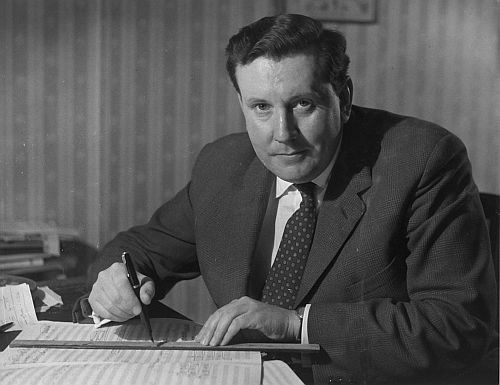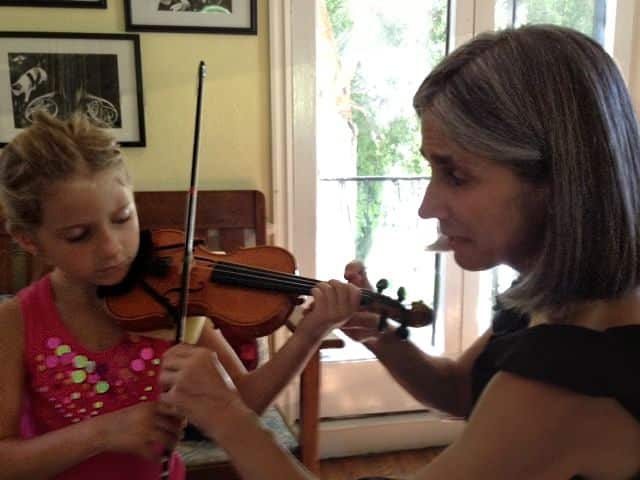The symphonist the English cannot stomach
Album Of The WeekFrom the Lebrecht Album of the Week:
The hundredth anniversary of a composer’s birth is usually marked by a respectful revival. Not in Malcolm Arnold’s case. The English establishment has always held this remarkable composer at arm’s length, in part because he had the effrontery to win an Oscar (for Bridge on the River Kwai) and in part because of erratic conduct that once landed him in a mental hospital. Musically, there was nothing mad about Malcolm (I knew him a little and liked him a lot)…
Read on here.
And here.
En francais ici.
In Czech here.
In The Critic here.






Comments